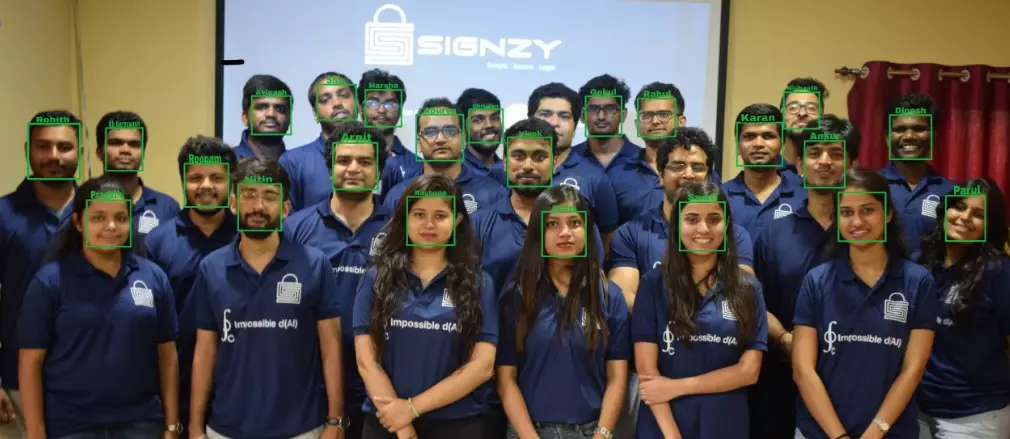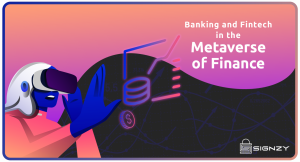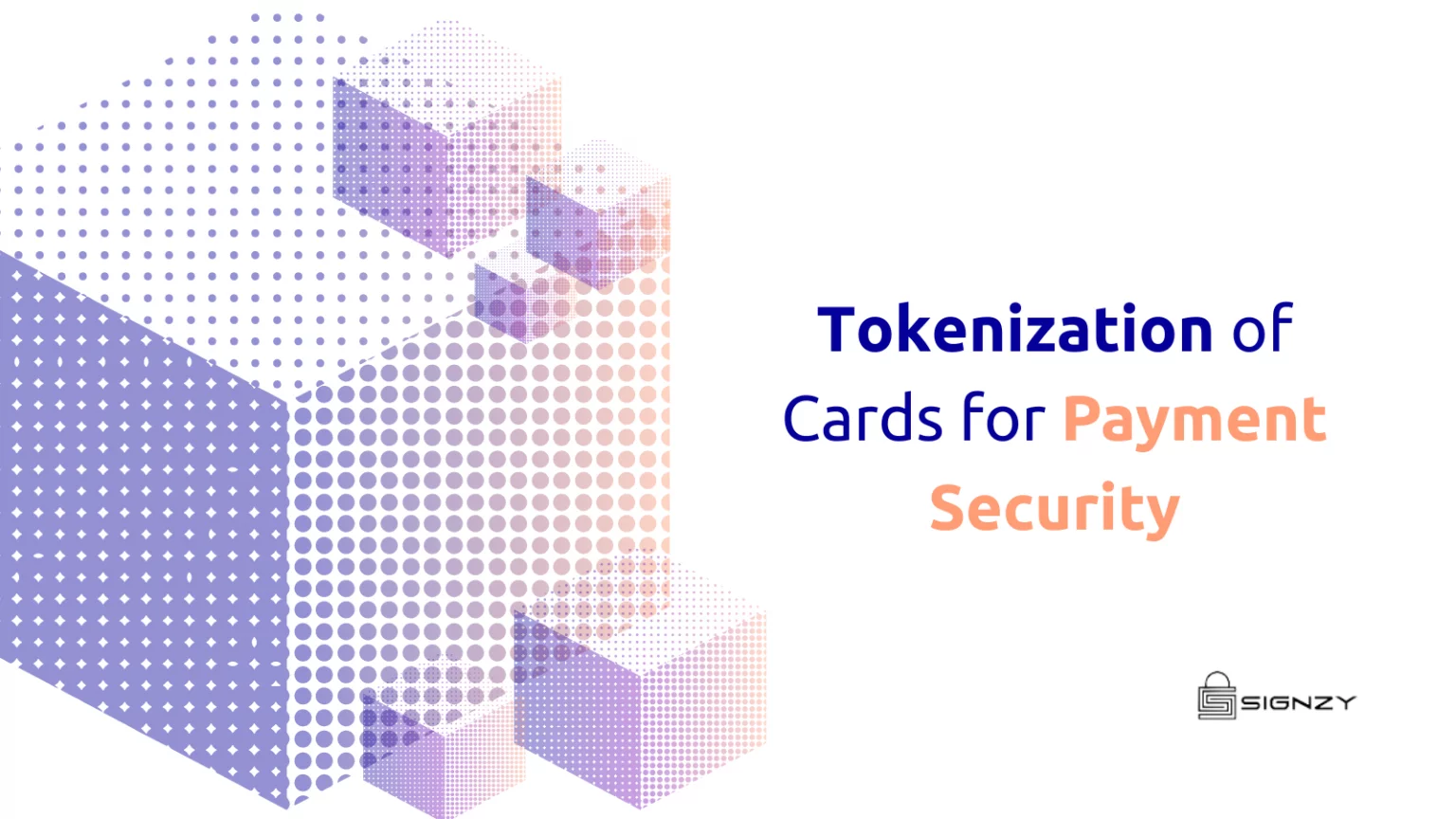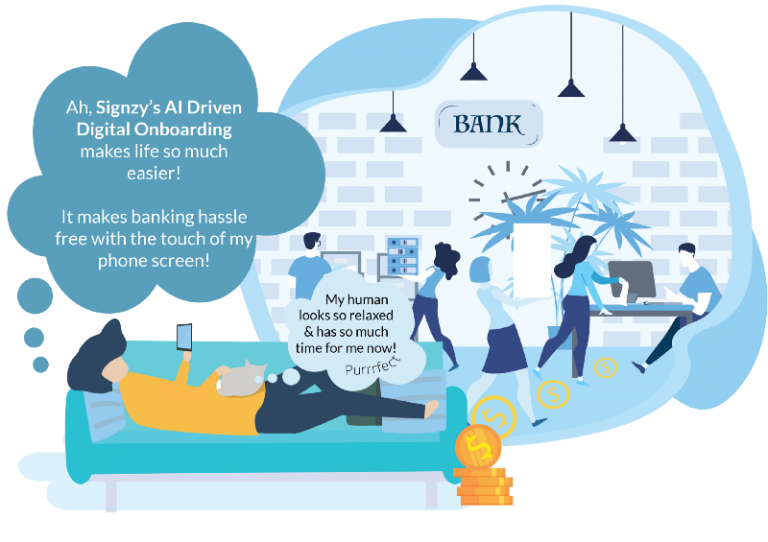Artificial Intelligence (AI) has been making waves in various industries, but its power is often concentrated in the hands of big corporations and research institutions. The concept of democratizing AI aims to make these powerful tools available and accessible to a broader audience. One such domain that stands to benefit is face detection technology, which has versatile applications in security, healthcare, retail, and even social interactions.
Since the dawn of A.I, facial recognition systems have been evolving rapidly to exceed our expectations at every turn. In a few years’ time you’ll be able to go through the airport basically just using your face. If you have bags to drop off, you’ll be able to use the self-service system and just have your face captured and matched. You’ll then go to security, the same thing happens just use your biometric. The big tech giants have proved this can be done at massive scale. What the world now needs is higher adoption through democratization of this technology, where even small organizations can use this advanced technology with a plug and play solution.
The answer to this is Deep Auth, Signzy’s inhouse facial recognition system. This allows large scale face authentication in real-time, using your everyday mobile device cameras in the real world.
Democratizing AI : Deep Auth, Facial Recognition System from Signzy
While one to one face match is now very popular (thanks to latest Apple Iphone X), it’s still not easy to authenticate people from larger datasets, that is identifying you from thousands of other images. What is even more challenging is doing this in real-time. And just to add some bit of realism, sending images and videos over mobile internet slows this down even further.
This system can detect and recognise faces at real time in any event, organization, office space without any special device. This makes Deep Auth an ideal candidate to use in real-world scenarios where it might be not possible to deploy large human workforce or spend millions of dollars to monitor people and events. Workplaces, Education Institutes, Bank branches even large residential buildings are all valid areas of use.
Digital journeys can benefit from face based authentication thus eliminating the friction of username, password and adding security of biometrics. There can also be hundreds of other use-cases which hopefully our customers will come up with, and help us improve our tech.

Deep Auth doing door access authorization.
Deep Auth is robust to appearance variations like sporting a beard, or wearing eyeglasses. This is made possible by ensuring that Deep Auth learns the facial features dynamically (Online training) .

Deep Auth working across different timelines
Technology behind Democratizing AI
The technology behind face recognition is powered by a series of Convolution Neural Networks(CNN). Let’s divide the tech into two parts :
- Face Detection
- Face Recognition
Face Detection:
This part involves a 3 stage cascaded CNN network. This is to ensure the face is robustly detected. In the first stage we propose regions (Objectablility score) and their regression boxes . In the second stage, we take these proposed regression boxes as the input and then re-propose them to reduce the number of false positives. Non-maximal suppression is applied after each stage to further reduce the number of false positives.

3 stage cascaded CNN for face detection.
In the final stage we compute the facial landmarks with 5 point localization for both the eyes, nose and the edges of the mouth. This stage is essential to ensure that the face is aligned before we pass it to the face recognizer. The loss function is an ensemble of the center loss and IoU (Intersection Over Union) loss. We trained the network for 150k iterations on the WIDER Face dataset.
Face Recognition:
The extracted faces are then passed to a siamese network to where we use contrastive loss to converge the network. The siamese network is a 152 layer Resnet where the output is a 512-D vector depicting the encodings of the given face.

Resnet acts as the backbone for the siamese network.
We then use K- Nearest Neighbours(KNN) to classify each encodings to the nearest face encodings that was injected to KNN during the training phase. The 512-D vectorization used here compared to 128-D vectorization used in other face recognition systems helps in distinguishing fine details across each face. This provides high accuracy to the system even with a large number of non-discriminative faces. We are also working on extending the siamese network to extract 1024-D face encondings.
Benchmarks
Deep Auth poses impressive metrics on FDDB database. We use 2 images to train each of 1678 distinct faces and then evaluate the faces with the rest of test images. We then calculate the Precision and recall as 99.5629 and 91.2835 respectively, and with the F1 score of 95.2436.
Deep Auth’s Impressive scores!
We also showcase Deep Auth working in real-time, by face matching faces in a video.
Deep Auth in Action!
We tried something a little more cheeky and got our hands on a picture of our twin co-founders posing together, a rare sight indeed! And checked how good the Deep Auth really was. Was it able to distinguish between the identical twins?
And Voila! It worked
Deep Auth is accessed using the REST API interface making it suitable for online training and real-time recognition. Deep Auth is self servicing due to the fact it is robust to ageing and appearance, which makes it an ideal solution to deploy in remote areas.
Conclusion
Democratizing AI in the realm of live face detection offers immense potential to transform various industries. As the technology becomes more accessible, it is crucial to address the ethical implications to ensure its responsible use. By focusing on accessibility and ethics, we can harness the full potential of live face detection to create a more efficient and secure future.
Hopefully this blog was able to explain more about Deep Auth and the technology behind it. Ever since UIDAI made face recognition mandatory for Aadhaar authentication, face recognition will start to prevail every nook and corner of the nation for biometric authentication. Thus democratization of face authentication allows even small companies to access this technology within their organizations. This should hopefully allow more fair play and give everyone a chance to use advanced technology to improve their lives and businesses.
If you want to know more about our video kyc product. Read here
About Signzy
Signzy is a market-leading platform redefining the speed, accuracy, and experience of how financial institutions are onboarding customers and businesses – using the digital medium. The company’s award-winning no-code GO platform delivers seamless, end-to-end, and multi-channel onboarding journeys while offering customizable workflows. In addition, it gives these players access to an aggregated marketplace of 240+ bespoke APIs, easily added to any workflow with simple widgets.
Signzy is enabling ten million+ end customer and business onboarding every month at a success rate of 99% while reducing the speed to market from 6 months to 3-4 weeks. It works with over 240+ FIs globally, including the 4 largest banks in India, a Top 3 acquiring Bank in the US, and has a robust global partnership with Mastercard and Microsoft. The company’s product team is based out of Bengaluru and has a strong presence in Mumbai, New York, and Dubai.
Visit www.signzy.com for more information about us.
You can reach out to our team at reachout@signzy.com














